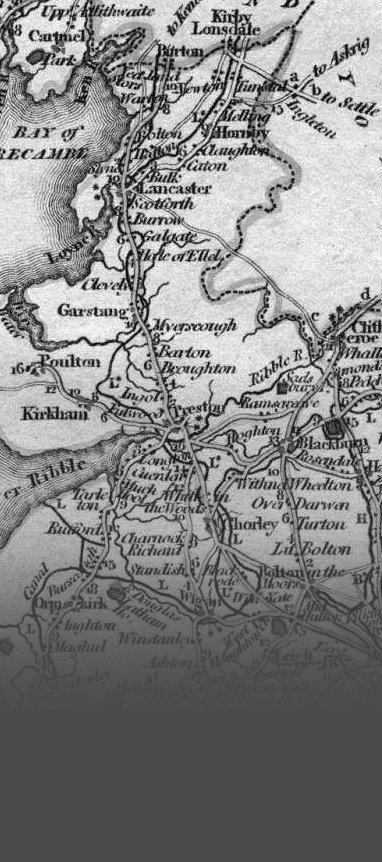

European relations - then and now
19th February 2018
Given the current debate about the country's relations with other parts of Europe, it is interesting to reflect on the participation of a couple of prominent Europeans in the civil war in the North West over 370 years ago. Some of the earliest items of correspondence published in R. N. Dore’s edition of the Letter Books of Sir William Brereton (volumes 123 and 128) reveal the impact of the arrival in Cheshire in February 1645 of the 24 year-old Maurice, prince palatine of the Rhine, son of Charles I’s sister, Elizabeth, and his elder and better-known brother, Rupert, the following month. Having already served in the Dutch and Swedish forces, Maurice had fought at Edgehill and in the West Country before setting up his command at Worcester early in 1645; he marched on Chester while the parliamentarian siege of the city was underway. On 8 February the Committee of Both Kingdoms informed Brereton, commander-in-chief of parliament’s forces in Cheshire, that it was diverting forces from surrounding counties to try to prevent Maurice from reaching Chester. The failure of those forces to arrive in sufficient numbers led to Brereton’s response a fortnight later that the prince had entered the city, frustrating – temporarily – his efforts to blockade it completely.
The following month, Brereton was warned of Rupert’s march towards Chester, bringing with him additional forces: in the words of one of Sir William’s supporters, ‘The Prince draws nigh and our armies lie yet in a chaos’.
Brereton’s letters provide a fascinating insight into his efforts to monitor, and respond to, the princes’ activities in Cheshire. They also reveal the importance he placed on the timely appearance in the county of Scottish forces, convinced that this was essential to prevent the king's nephews from heading north to recruit troops in Lancashire and endanger parliamentarian control of much of the north of England. By the end of March, however, Brereton could report the sudden departure of Maurice and Rupert and their removal of some of the garrison, and what he understood to be the ‘desperate and forlorn condition’ of the city.
The intervention of the palatine princes – a source of great concern to the parliamentarian command in Cheshire in February and March 1645 – had ultimately weakened royalist control of both the city and the county.